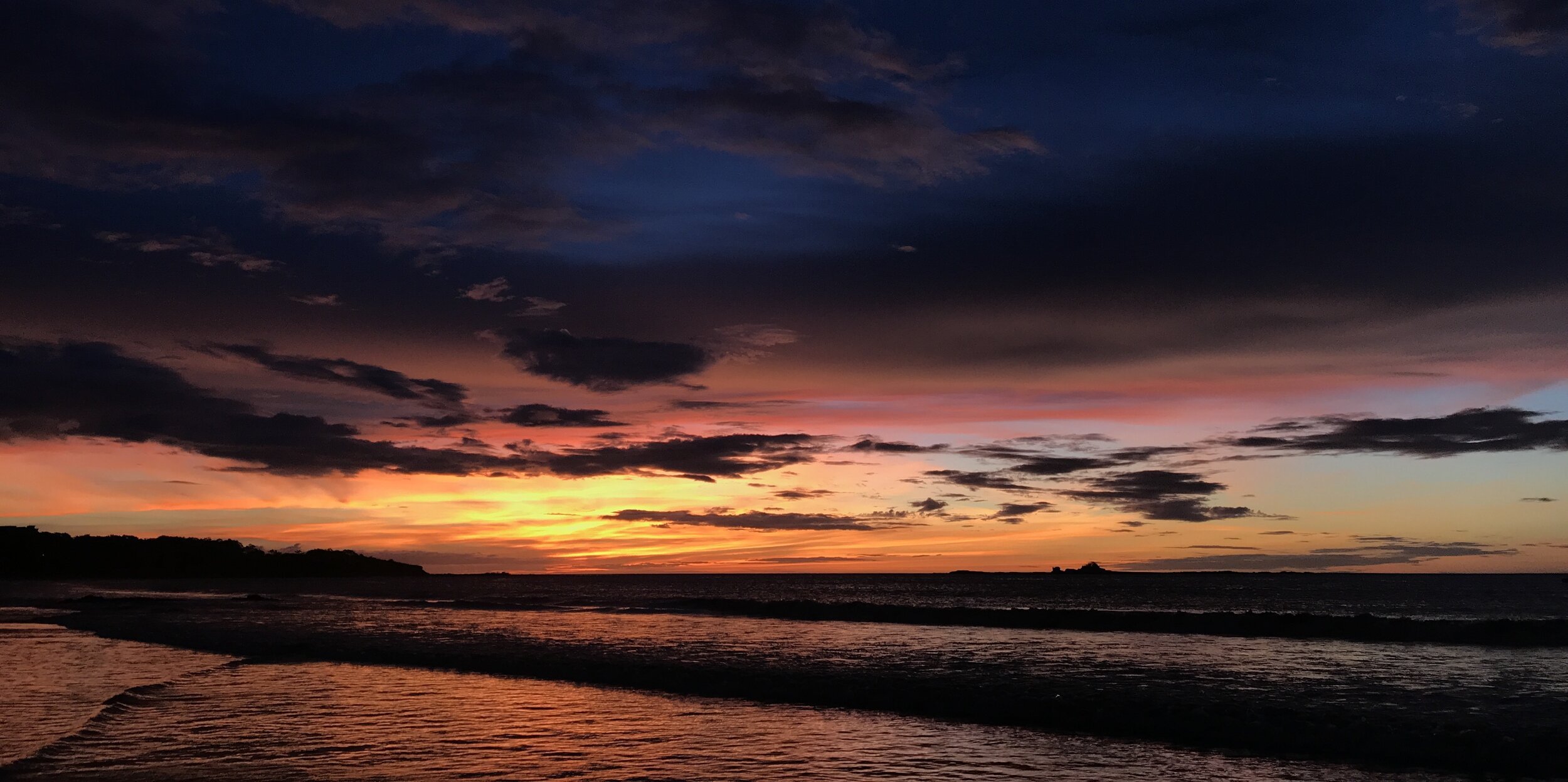
A Destination Management Company with roots in Latin America
Travel with Locals
At Offbeat Travel we pride ourselves on being at the forefront of decolonizing travel by providing travel experiences through a local lens. We believe in multiculturalism, supporting local businesses, and learning by doing. Our operations are run by in-country teams with decades of experience in non-traditional, impactful and culturally-immersive travel. Our owners are from the places we visit or trace their lineage there.
We love partnering with small businesses to provide travelers with home-cooked meals, thoughtful lodging and atypical excursions that highlight the people, places, ecosystems, cultures and communities in the places we live, work and play.
Why Offbeat Travel?
-

Local Expertise
We are local experts with decades of combined experience leading educational and adventure travel programs in our home communities throughout Latin America and the Caribbean. Our intimate knowledge of the places we take travelers allows us to cater unique experiences safely off the beaten path. We’ve been operating in Costa Rica since 2005 and the Dominican Republic since 2012.
-

Safety and Security
Our in-country operations are insured and licensed. Program leaders are trained in First Aid, CPR, Wilderness Medicine and as lifeguards. We work closely with Cornerstone Safety Group, a leading travel safety and risk management consultant, to further protect our travelers. As part of our annual planning, we put our vendors through a comprehensive review process to ensure they meet the highest safety standards.
-

Social Responsibility
We strive to recycle, reduce waste and work to limit our carbon footprint, and regularly review our operations to add new practices in sustainability. We employ local staff and work exclusively with local vendors in order to guarantee the profits of our services stay within the communities we visit. Our service programs are designed as part of long-term planning conducted by the communities where they take place.
Destinations
-

Pura Vida Awaits
-

Quesqueya la Bella
-

La Isla del Encanto

Partner with us
Click below to schedule a call and learn more about why we’re the right destination management company for your travelers.
